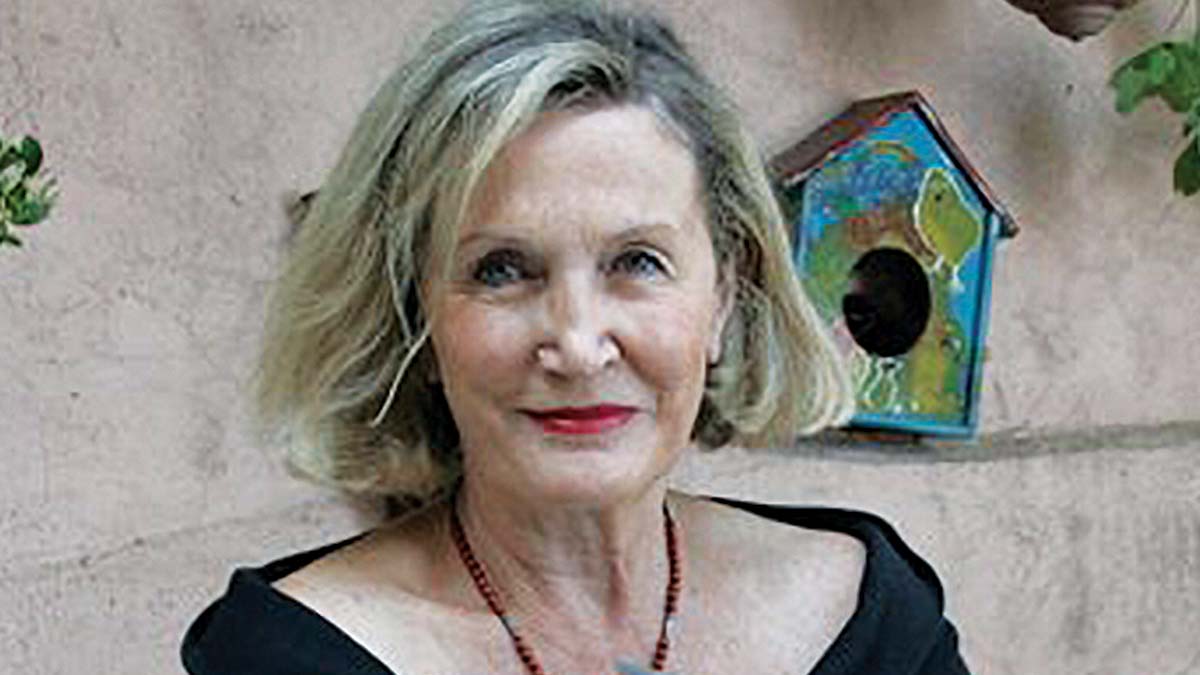AS I SEE IT
MARIANNE HERON
Just as I was musing that social attitudes have reversed between North and South and that the North is now more conservative than we are, comes the news that the Six Counties may be taking a liberal leap. There are calls to do the decent thing there and follow Spain which last month became the first European country to allow women have paid menstrual leave of three to five days a month.
Periods and other aspects of women’s reproductive lives only came out of the closet recently. The word period was used for the first time in adverts as late as 1985 and the custom of not allowing women who had given birth to attend church until they had been cleansed by a priestly blessing persisted here as late as the Sixties.
Now subjects mentioned previously only in private — menopause, menstruation, child birth and infertility — are being aired unflinchingly on radio, TV and in print. Joe Duffy devoted several programmes recently to menopause and lack of sympathy for its effects and one male columnist declared that if he had periods he would never shout about them. (We would probably have got period leave ages ago if men did have them).
It’s high time for openness about things that women have suffered in silence for centuries and an end to the shame and stigma surrounding them. It’s a fact of life that around 80% of women experience period pain at some stage in their lives. While most women experience some discomfort during menstruation, for 5% to 10% of women symptoms like cramps and heavy bleeding severe enough to disrupt their lives. Without specific legislation they may be embarrassed to explain why they are absent from work and end up having to use up their normal sick leave entitlement.
Also conditions like endometriosis and fibroids can exacerbate problem periods.
Katrina O’Donnell of The Homeless Period Belfast awareness campaign welcomed the call for legislation in the North. “Periods in the workplace have been sidelined for a long time; they haven’t been given any airtime due to the taboo and stigma attached to menstruation. It’s been a long time coming and we would love to see other countries follow suit.”
In fact, several eastern countries like Japan, Indonesia, South Korea and Taiwan already have period leave. In Italy an attempt to introduce legislation failed in 2017 and in the US and UK individual companies may grant the entitlement to time off for painful periods.
It was important that Stormont introduced such legislation O’Donnell pointed out, instead of asking companies to form their own policies related to menstrual leave. Alliance MLA Paula Bradshaw said: “We would need to see the detail of what is proposed in Spain and how such a reform could apply in the UK, or specifically in Northern Ireland.”
However, there isn’t unqualified enthusiasm for making allowances for women’s time of the month. Objectors say that period leave could lead to work place discrimination or encourage negative gender stereotypes where women are viewed as being less fit for work and there are even suggestions (made by male employers?) that women might take unfair advantage of the provision. There is also the impact on small firms where most of the employees are women to be considered.
In the South the subject of period leave is beginning to be considered. A survey by Forsa, the largest public service union with 69% female membership, found that 70% of these had had to take time of work due to period problems and that 96% of those surveyed were in favour of introducing menstrual legislation. The Labour Party have a bill on reproductive health but it doesn’t cover menstrual leave.
Maybe the debate starting up around the subject should be widened to include issues like leave required for the side effects of menopause and the need to make aspects of previously male-dominated sport more female friendly. Women’s issues deserve to be considered with consideration and respect.
That said, the change to openness around a subject considered taboo for centuries can take a bit of getting used to. Where I grew up periods were referred to as the curse, hardly a term to encourage celebration for the onset of menstruation and womanhood. And I have to admit that some of those in-your-face TV ads with women discussing details of their periods seated on the loo have me reaching for the remote and wishing for a bit more feminine mystique.

















